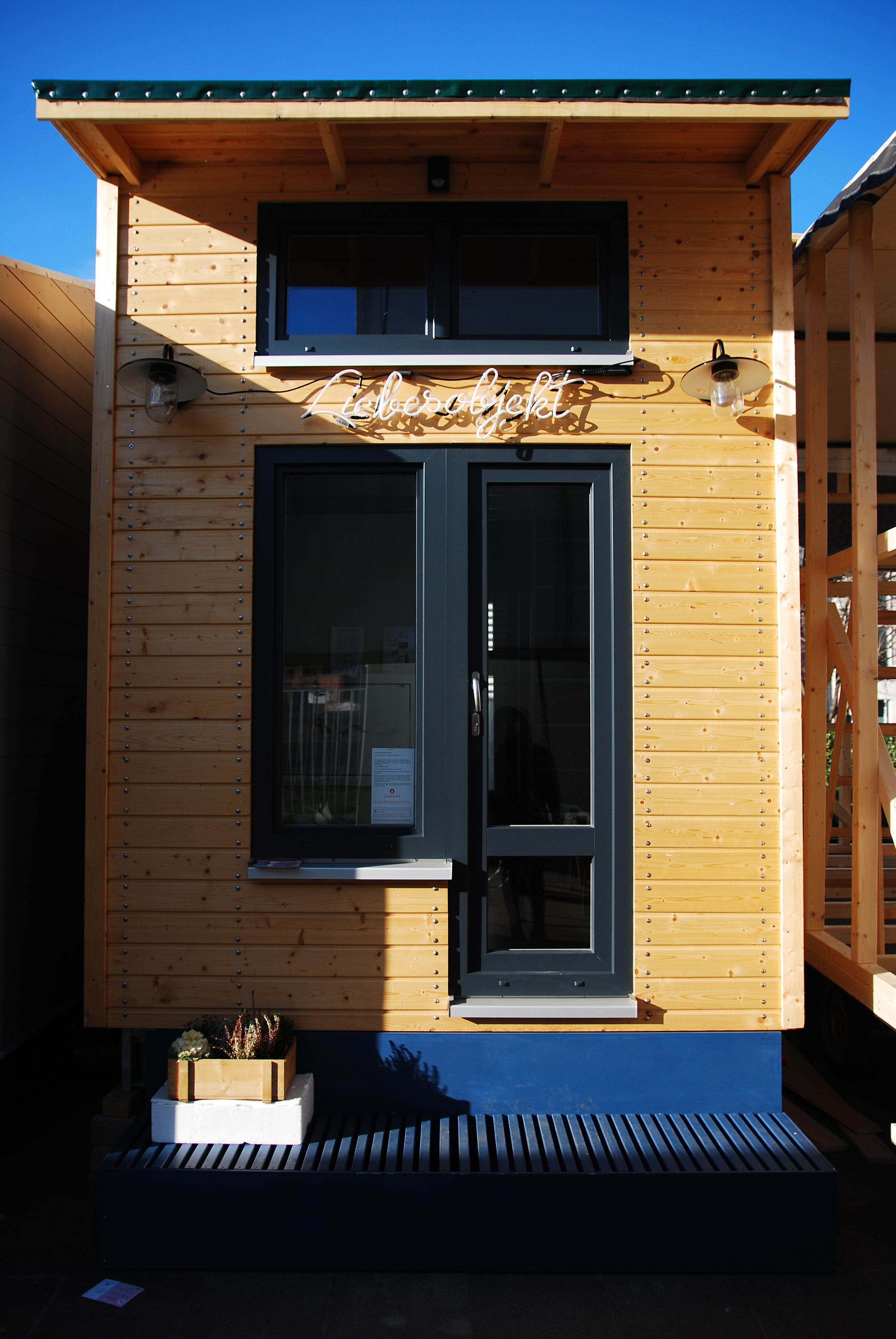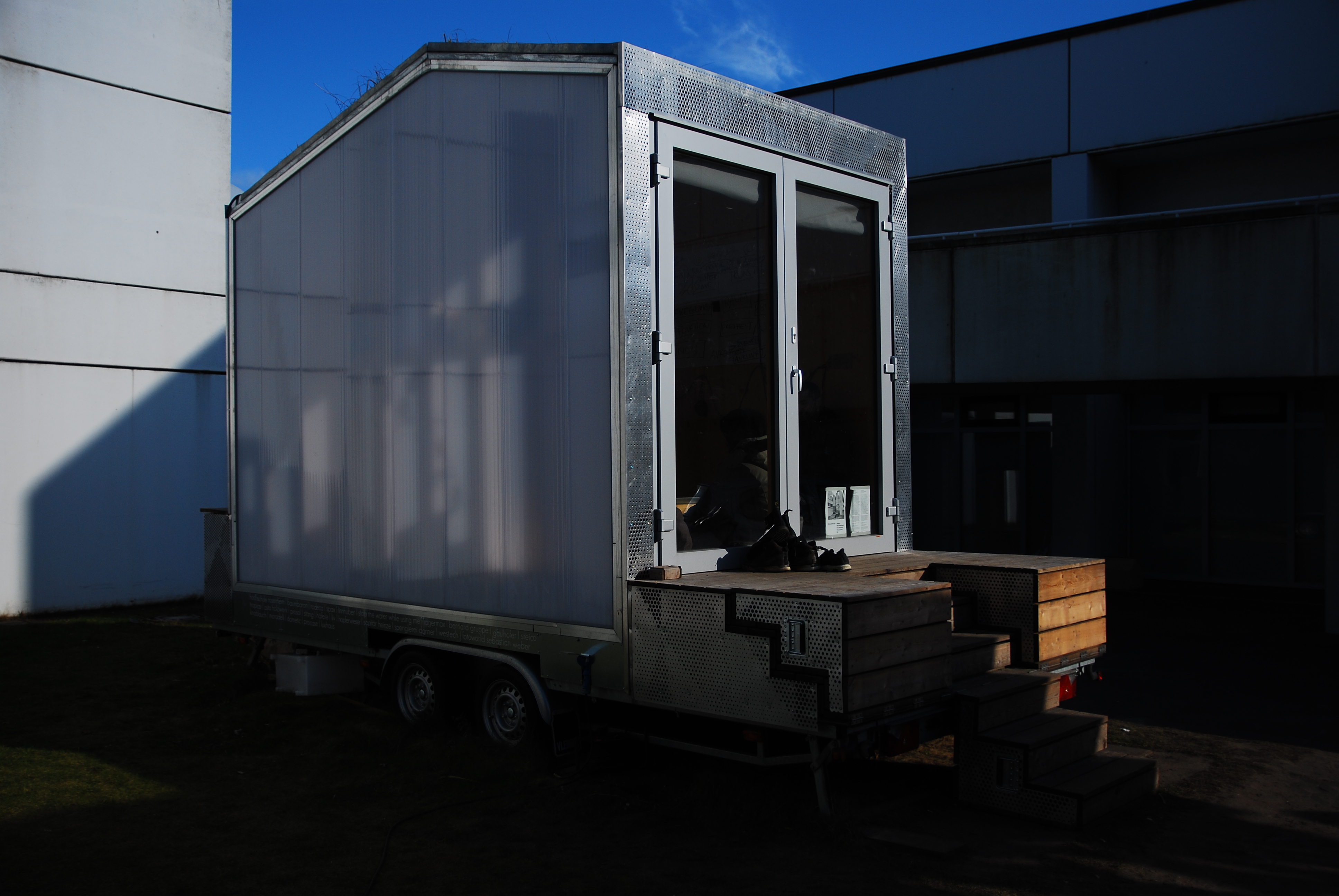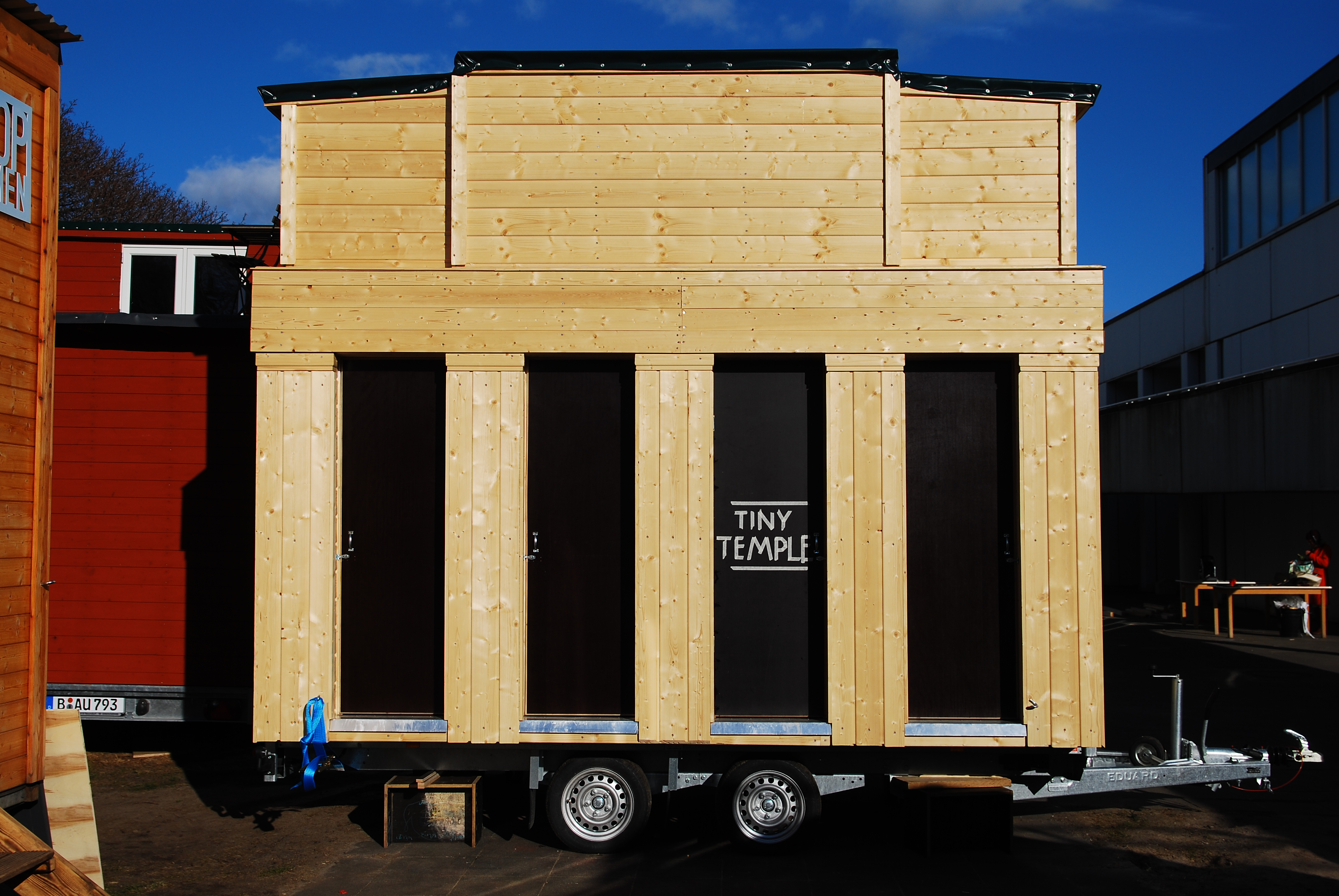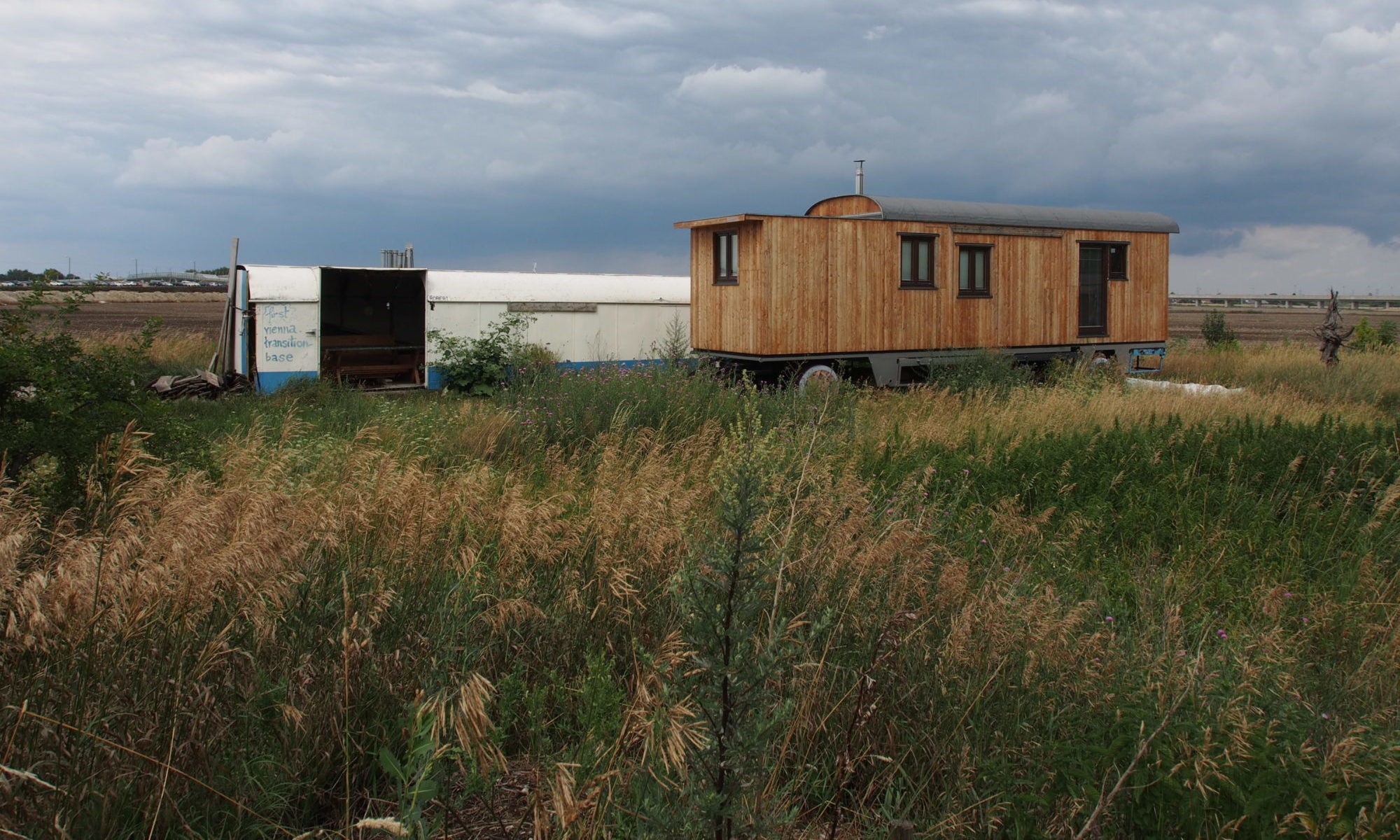Project objectives
The core objective is to develop a robust inter-disciplinary scientific basis for temporary housing options for diverse scenarios (selected target groups, different temporally unused urban areas, diverse building densities, etc.) in the Viennese context. A scientifically based guidance for living spaces conceptualized as micro innovation systems and housing forms which are “pop-up” yet sustainable, innovative and high-quality will be available at the end of the project.
Goals to achieve the core objective are:
- Generation of a scientific knowledge base for the involved disciplines in order to improve the understanding of the research questions and contribute to the scientific progress
- Development of specific scenarios and sustainable pop-up housing models applicable for Vienna
- Interdisciplinary risk assessment, technical and social evaluation concerning pop-up housing environments as micro innovation systems
- Recommendations for decision makers regarding temporary housing in Vienna
- Transferability concept and guidance on a generalized level for comparable urban areas

Expected results
In contrast to sectoral and single-disciplinary research, this strong inter- and trans-disciplinary approach will lead to a higher awareness regarding sustainable temporary housing concepts amongst all involved scientists, experts, the societal stakeholders and political decision makers. This capacity building provides the main added value of this project: The main outcome for the scientific community in Vienna will be a leadership position in addressing the increasing challenges of global demographic changes and urbanization, by establishing interdisciplinary research competence in this field and to act as a cluster for subsequent networks.
The project offers concrete, scientifically sound and sustainable concepts for the City of Vienna for situations when decision makers must find immediate solutions for urgent housing needs in urban environments. The city will receive a flexible deployable innovation concept that facilitates temporary innovation niches and hence may strengthen Vienna’s reputation as an innovation hub for sustainable solutions. Thus, in the medium term, pop-up housing environments as micro innovation systems may become an essential element of Vienna’s innovation strategy, and shall support the achievement of the three key and two horizontal priority objectives identified in the 7th Environmental Action Program of Europe (http://ec.europa.eu/environment/action-programme/).
A further medium-term implication is the science-based policy advice. Human capital will be established in the City of Vienna to address main issues concerning pop-up housing environments, which can be continuously accessed by stakeholders and political decision makers. The increased societal debate on temporary housing issues is expected to improve the scientifically sound knowledge base for a proper anticipating risk management. Moreover, the know-how gained within this project can be generalized and transferred also to permanent buildings, for example housing. e, to find cost-effective but sustainable solutions for social (public) housing.
Within a future perspective, the outcomes of this project may serve as a basis for real-world activities, implemented beyond the scope of the current study. Researchers and implementers would not only be given the opportunity to focus on technical innovation in housing but would be able to analyze and consider processes of social integration, intercultural exchange, and diversity issues from a fresh perspective. Future pop-up dwellers may benefit from the innovative character of the solutions provided; they will not only find shelter and a place to live but a space for cooperation, activity and to unfold creativity.


© Doris Österreicher, Bauhauscampus 2018
